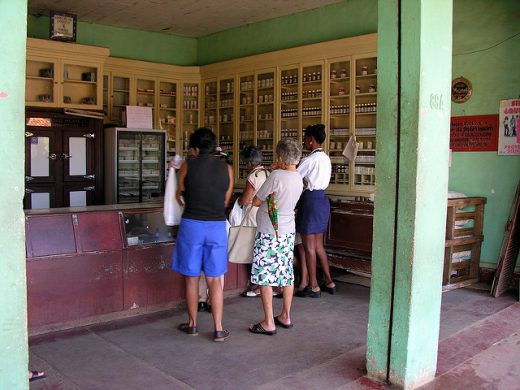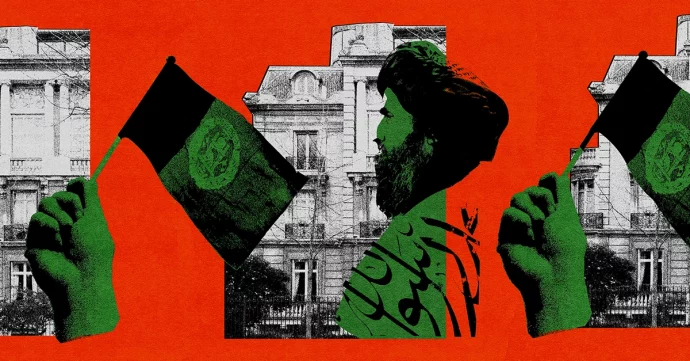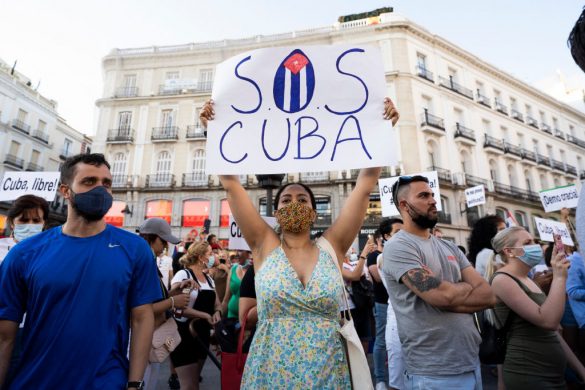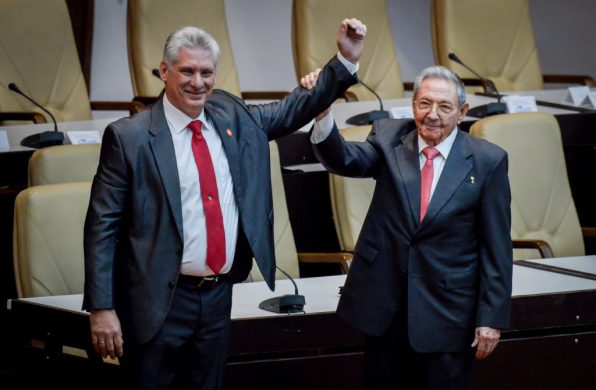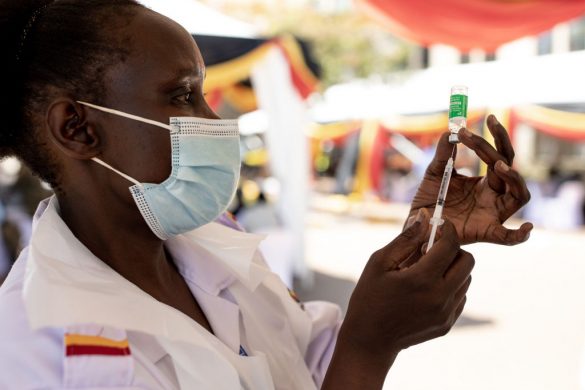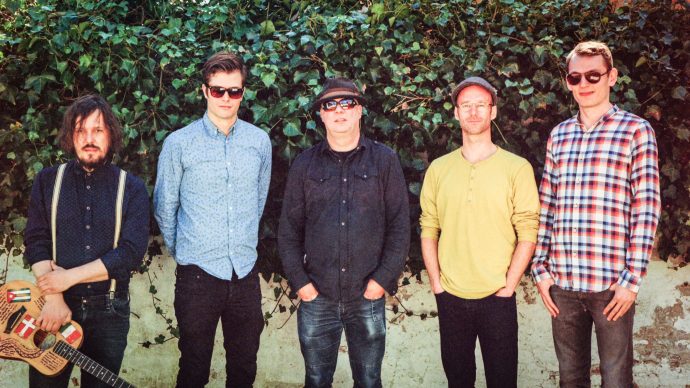Valeria Cruz has been selling black market medicines on the streets of Havana for three years.
Friendships carefully maintained with several doctors means that she has no problems obtaining enough prescriptions to support her business.
She sells these medications at vastly inflated prices, but shortages in state-run pharmacies mean that many people have no choice but to turn to black market entrepreneurs like her.
Life challenges corrupt even the most honest
Massive corruption throughout the Cuban health system means that this double-tier system is common across the country.
Although medicines are officially sold only through government pharmacies, prescriptions are routinely siphoned off to obtain remedies that are then resold on the streets for far higher prices.
High prices on the street
The best selling medicines on the street are salbutamol inhalers for treating asthma, the tranquiliser meprobamate, the painkiller ibuprofen and vitamin C in tablet form.
Topical treatments such as the anti-bacterial ointment gentamicin, skin cream triamcinolone and antifungal lotion clotrimazole are also in high demand.
Products such as these officially cost 0.65 Cuban pesos but are sold for ten pesos on the black market.
Teresita Rodríguez Cabrera is vice president of business operations BioCubaFarma, a state enterprise that produces medicine and high tech health equipment.
She told the official Granma newspaper that the beta-blocker atenolol and the anti-inflammatory analgesic dipyrone were in particularly high demand on the black market.
Between January and July 2015, around 60 medicines were affected by problems with raw materials and the withdrawal of some suppliers. Other medicines are sourced from far away, leading to production delays.
New control measures
Last November, the minister of public health announced new control measures to try and stamp out the illicit sales.
All doctors were limited to issuing 100 prescriptions a day, each identified by a numeric code.
Without these details, the sales assistant can refuse to accept the prescription, explained Raquel Quezada, who has worked at La Palma Pharmacy for several years.
But the practice is proving hard to end, considering that the black market involves all levels of health care staff, from pharmacy workers up to doctors.
Elderly worst affected
Worst affected are people who rely on these medicines, mostly of whom are elderly people.
María del Carmen Quintana Hechavarría is a Cuban journalist.

